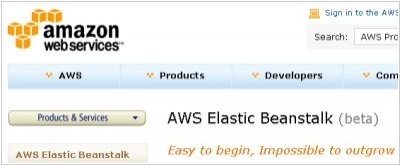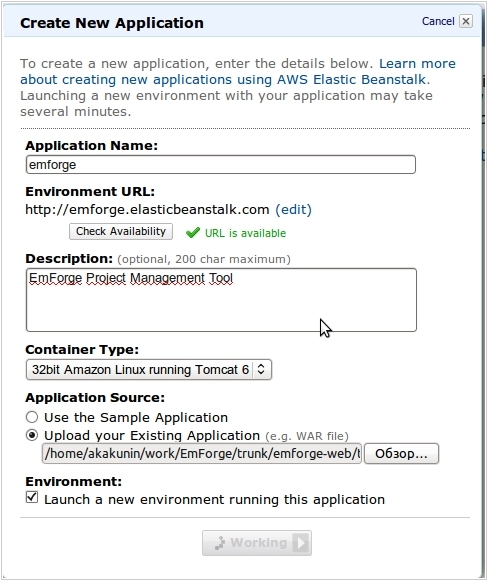Amazon enters PaaS market. Takes on Google, Microsoft and Salesforce
January 21, 2011 | Author: Michael Stromann

As known, Amazon Web Services - is the leader of IaaS market. It's the service that allows you to rent computing resources for enterprise software or SaaS service hosting. And using it you reserve the required number of servers, configure operating system, install and configure middleware, enable/disable servers depending on the load. This is called IaaS (Infrastructure as a Service). But honestly, IaaS - it's not perfect. In most cases, companies and SaaS providers would not want to handle these servers and other infrastructure themselves. All they want - is that their application worked properly on any load. And they don't care what is under the hood of the cloud platform. This is the primary idea of competing technology - PaaS (Platform as a Service). And it is logical that PaaS platforms are gradually displacing IaaS.
Especially offensive to IaaS-providers is that PaaS-startups use them as a source of computing resources and then take their customers away. For example, the PaaS-service Heroku, that uses Amazon Web Services, was recently acquired by Salesforce, and probably soon will move all its users to Force.com servers.
Of course, Amazon couldn't do nothing about that. Yesterday the company announced the launch of its own PaaS service - AWS Elastic Beanstalk. It works like an autopilot on top of existing AWS services: Amazon EC2, Amazon S3, Amazon Simple Notification Service, Elastic Load Balancing and Auto-Scaling. And the user can switch to manual control at any moment. But as a rule, you just upload your application in the Control Panel. And you don't need to pay for the Elastic Beanstalk. You only pay for the used AWS services.

At the moment, AWS Elastic Beanstalk supports only Java-applications (and makes Amazon the rival to Google App Engine, WMForce.com and Windows Azure). But Amazon promises to continually add new frameworks. Probably Ruby on Rails will be the next (hey Heroku!).
See also: Top 10 Public Cloud Platforms


